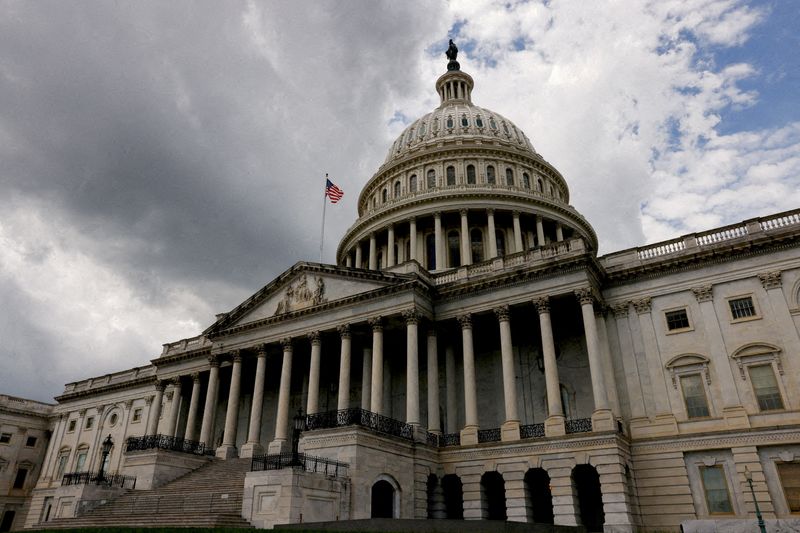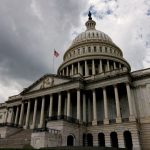By Raphael Satter and Zeba Siddiqui
WASHINGTON (Reuters) – Reformers had hoped that the debate over the reauthorization of a key U.S. domestic surveillance law would lead to new safeguards protecting Americans’ data.
But the bill now headed to the Senate instead expands the scope of the country’s domestic surveillance program, allowing police organizations including the Federal Bureau of Investigation (FBI) to access to a far broader swathe of sensitive data on their fellow citizens than before.
Missing from the proposed legislation is any need for a warrant. A vote to require officials to seek judicial authorization before exploiting the data failed on a vote of 212 to 212 in the House of Representatives on Friday.
“It’s obviously pretty disappointing to have lost on a tie vote,” said Kia Hamadanchy, a senior policy counsel with the American Civil Liberties Union. The ACLU is one of scores of non-governmental organizations that have been lobbying to reform Section 702 of the Foreign Intelligence Surveillance Act, or FISA, which allows law enforcement to mine the massive trove of data collected by American spies.
Hamadanchy said the bipartisan support for a warrant requirement was defeated in part by what he called “incredible” pressure on Congressional Democrats from the Joe Biden administration.
“It’s hard to say no to the White House of your own party,” he said.
A White House official said that the administration had “many, many conversations” with lawmakers about the legal authorities of 702 “and the harmful impacts that some of these warrants would have to collect valuable and timely intel to protect the homeland.” And in a statement Wednesday, U.S. National Security Advisor Jake Sullivan publicly urged the Senate to pass the bill immediately.
As written, the bill would allow U.S. spies to draw data not just from any U.S. “electronic communications service provider,” as they have in the past, but “any service provider” with “access to equipment that is being or may be used to transmit or store wire or electronic communications.”
The distributed nature of the internet means that could be virtually anyone, as the Information Technology Industry Council, a lobbying group, argued in a blog post.
“The language in the amendment vastly expands the U.S. government’s warrantless surveillance capabilities, damaging the competitiveness of U.S. technology companies large and small,” the group said, urging senators to reverse the change.
Senate leaders from both parties are working to rush the bill through, with a vote expected this week.
Some lawmakers, including Democratic Senator Ron Wyden of Oregon, are still fighting. Speaking on the Senate floor Tuesday, Wyden offered a short term extension of the 702 authority to give lawmakers more time to figure out a way forward.
“Senators do not need to rubber stamp a disastrous surveillance bill,” he told his colleagues.

Hamadanchy said his organization was urging Democratic lawmakers under pressure from the White House to think about how the expanded surveillance powers might be used if Donald Trump were re-elected in November.
“It’s not just about whether you trust this president. It’s about whether you trust the office of the president,” he said. “And that office may not be filled with Joe Biden next year.”
To read the full article, Click Here

